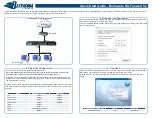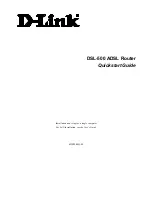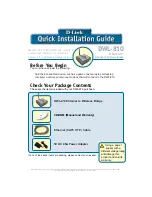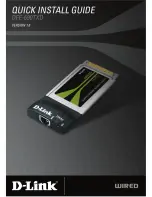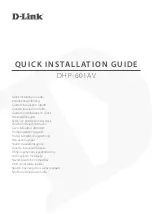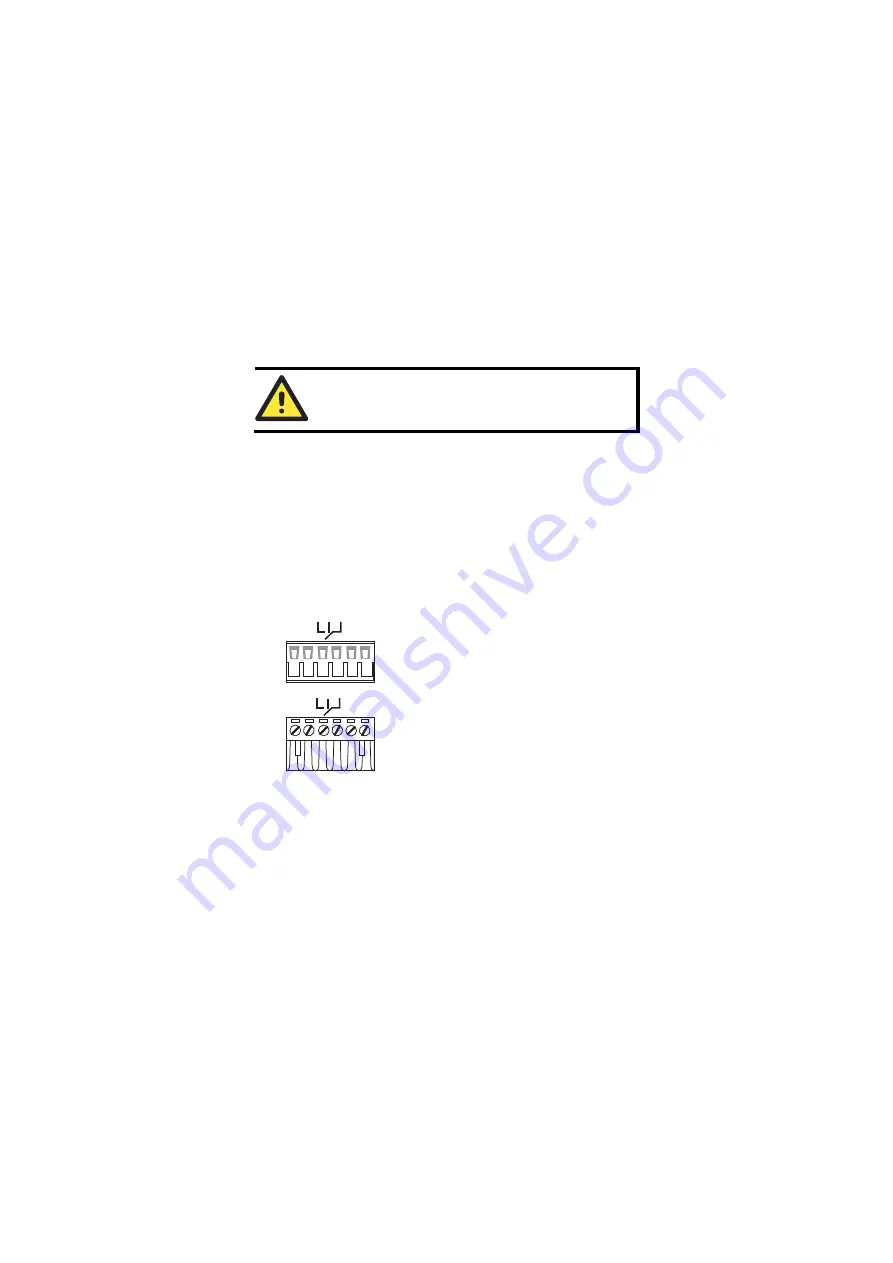
- 6 -
You should also pay attention to the following items:
y
Use separate paths to route wiring for power and devices. If power wiring
and device wiring paths must cross, make sure the wires are perpendicular
at the intersection point.
NOTE: Do not run signal or communications wiring and power wiring in
the same wire conduit. To avoid interference, wires with different signal
characteristics should be routed separately.
y
You can use the type of signal transmitted through a wire to determine
which wires should be kept separate. The rule of thumb is that wiring with
similar electrical characteristics can be bundled together.
y
Keep input wiring and output wiring separated.
y
It is strongly advised that you label wiring for all devices in the system
when necessary.
Grounding Moxa EtherDevice Switch
Grounding and wire routing help limit the effects of noise due to
electromagnetic interference (EMI). Run the ground connection from the
ground screw to the grounding surface prior to connecting devices.
ATTENTION
This product is intended to be mounted to a well-grounded
mounting surface, such as a metal panel.
Wiring the Alarm Contact
The Alarm Contact consists of the two middle contacts of the terminal block on
the EDS’s top panel. You may refer to the next section for detailed instructions
on how to connect the wires to the terminal block connector, and how to attach
the terminal block connector to the terminal block receptor.
In this section, we explain the meaning of the two contacts used to connect the
Alarm Contact.
FAULT
FAULT
Top View
Front View
FAULT
: The two middle contacts of the
6-contact terminal block connector are used to
detect both power faults and port faults. The
two wires attached to the Fault contacts form
an open circuit when:
1.
EDS has lost power from one of the DC
power inputs.
OR
2.
The PORT ALARM DIP switch for one of
the ports is set to ON, but the port is not
connected properly.
If neither of these two conditions is satisfied,
the Fault circuit will be closed.













